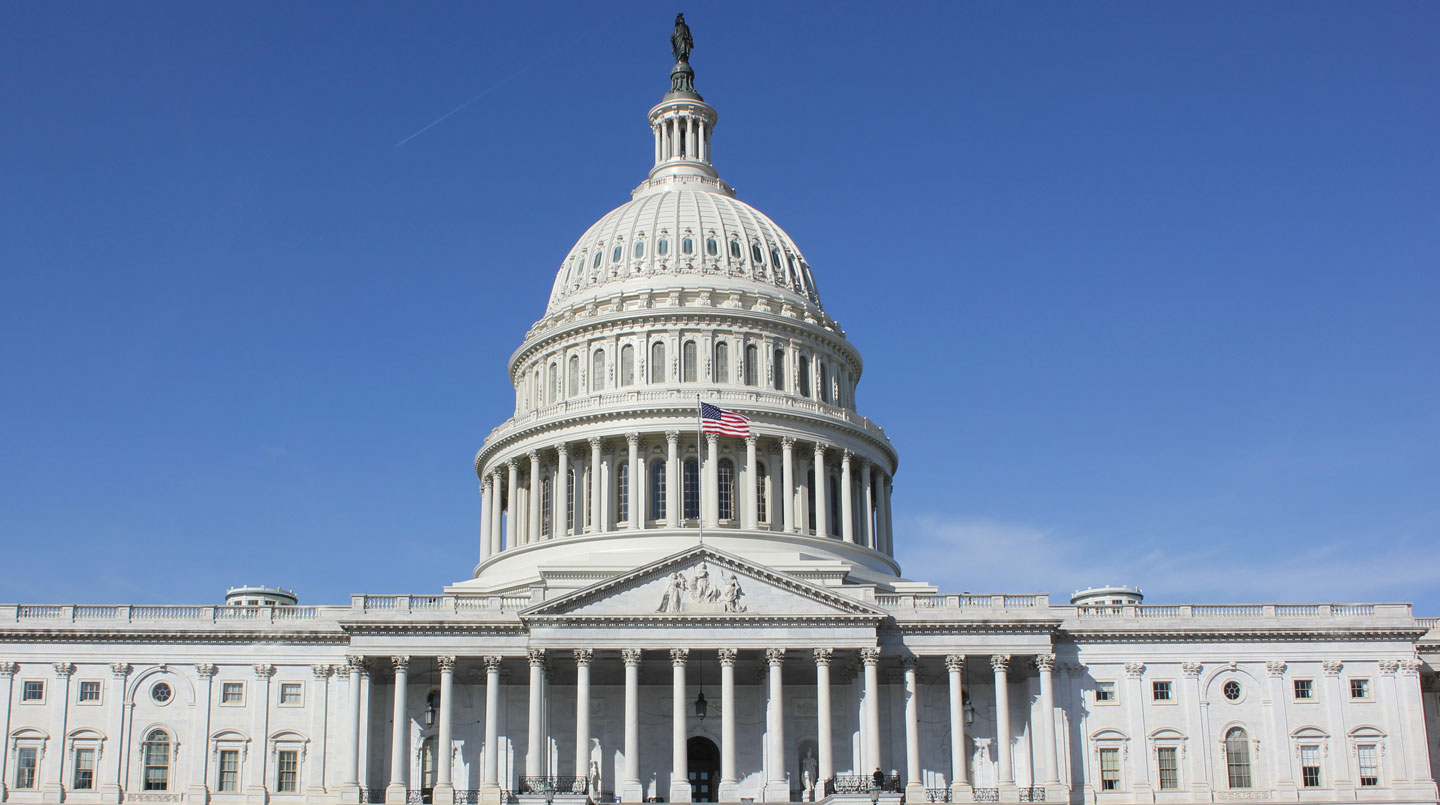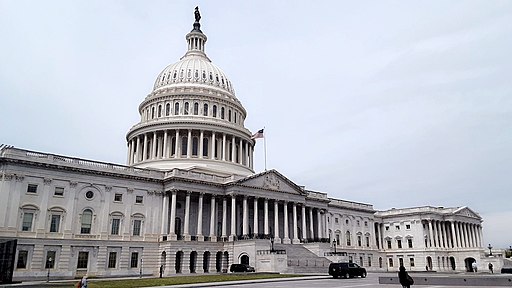Tag: Congress
-
54% of state legislatures are Republican, 44% Democratic following 2022 general election

As of November 17, 2022, 54% of all state legislatures in the United States are Republican while 44% are Democratic. There are 7,383 state legislative seats in the country. Republicans hold the majority in 56 chambers, and Democrats hold the majority in 39 chambers. One chamber (Alaska House) is organized under a multipartisan, power-sharing coalition.…
-
Seven new U.S. senators and 77 new U.S. representatives won election to the 118th Congress

As of November 16, 2022, 84 new members have won election to the 118th Congress, including seven U.S. senators and 77 U.S. representatives. For comparison, 71 new members were elected to Congress in the 2020 election and subsequent runoffs, including nine U.S. senators and 62 U.S. representatives. 102 new members were elected to Congress in…
-
U.S. Rep. Vicente Gonzalez Jr. (D) defeats U.S. Rep. Mayra Flores (R) in TX-34

U.S. Rep. Vicente Gonzalez Jr. (D) defeated U.S. Rep. Mayra Flores (R) in the general election for Texas’ 34th Congressional District on Nov. 8, 2022. This election was one of two U.S. House races in which two incumbents faced off in the general election. Texas’ congressional district boundaries were redrawn after the 2020 census. According…
-
U.S. Rep. Neal Dunn (R) defeats U.S. Rep. Al Lawson (D) in FL-02

U.S. Rep. Neal Dunn (R) defeated U.S. Rep. Al Lawson (D) in the general election for Florida’s 2nd Congressional District on Nov. 8, 2022. Dunn received 60% of the vote to Lawson’s 40%. This election was one of two U.S. House races in which two incumbents faced off in the general election. Florida’s congressional district…
-
Monica De La Cruz (R) defeated Michelle Vallejo (D) and Ross Lynn Leone (L) in Texas’ 15th Congressional District

Monica De La Cruz (R) defeated Michelle Vallejo (D) and Ross Lynn Leone (L) in the general election for Texas’ 15th Congressional District on November 8, 2022. De La Cruz is the first Republican to be elected to represent the district since it was created following the 1990 Census. Texas’ 15th district was redrawn during…
-
All candidates for Florida’s 10th Congressional District complete Ballotpedia’s Candidate Connection survey

All four of the candidates running in the November 8, 2022, general election for Florida’s 10th Congressional District completed Ballotpedia’s Candidate Connection survey. These survey responses allow voters to hear directly from candidates about what motivates them to run for office. The candidates are: Maxwell Alejandro Frost (D), Calvin Wimbish (R), Jason Holic (I), and…
-
Wiley Nickel (D), Bo Hines (R) running in North Carolina’s 13th Congressional District

Wiley Nickel (D) and Bo Hines (R) are running in the November 8, 2022, general election for North Carolina’s 13th Congressional District. Incumbent Rep. Ted Budd (R) did not run for re-election, instead running for U.S. Senate in North Carolina. Spectrum News‘ Reuben Jones wrote North Carolina’s 13th “is one of a limited number of…
-
All candidates for Virginia’s 1st Congressional District complete Ballotpedia’s Candidate Connection survey

All three of the candidates running in the November 8, 2022, general election for Virginia’s 1st Congressional District — incumbent Rob Wittman (R), Herb Jones (D), and David Bruce Foster (I) — completed Ballotpedia’s Candidate Connection survey. These survey responses allow voters to hear directly from candidates about what motivates them to run for office. …
-
All candidates for Virginia’s 8th Congressional District complete Ballotpedia’s Candidate Connection survey

All three of the candidates running in the November 8, 2022, general election for Virginia’s 8th Congressional District —incumbent Don Beyer (D), Karina Lipsman (R), and Teddy Fikre (I) — completed Ballotpedia’s Candidate Connection survey. These survey responses allow voters to hear directly from candidates about what motivates them to run for office. The outcome…
-
All candidates for Illinois’ 3rd Congressional District complete Ballotpedia’s Candidate Connection survey

Both candidates running in the November 8, 2022, general election for Illinois’ 3rd Congressional District — Delia Ramirez (D) and Justin Burau (R) — completed Ballotpedia’s Candidate Connection survey. These survey responses allow voters to hear directly from candidates about what motivates them to run for office. The outcome of this race will affect the…

